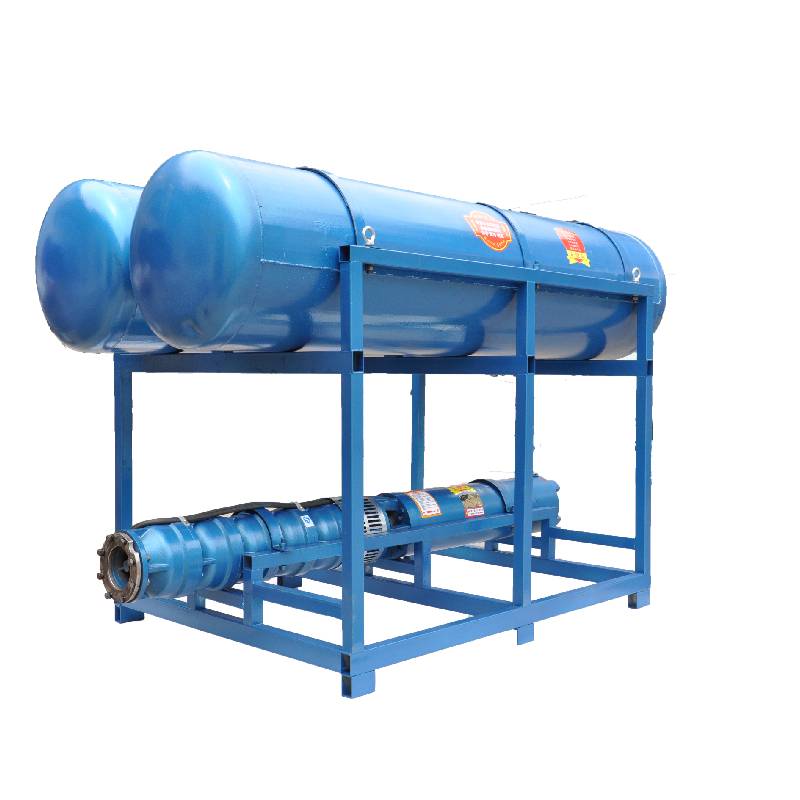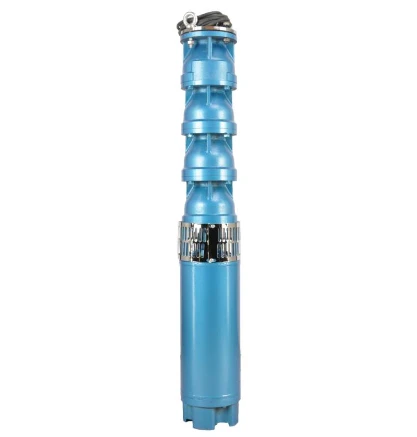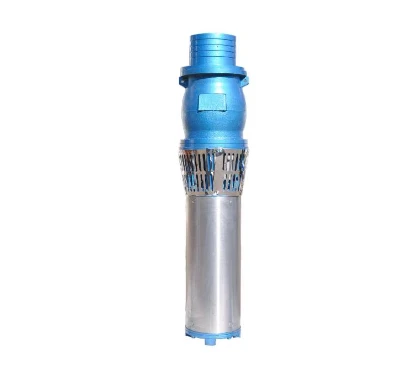Nov . 15, 2024 01:13 Back to list
how long can a submersible pump stay underwater
How Long Can a Submersible Pump Stay Underwater?
Submersible pumps are vital tools in various industries and applications, including water treatment, agriculture, dewatering, and even in residential settings for removing excess water from basements or flooded areas. Designed to function underwater, these pumps have specific characteristics that allow them to operate efficiently while submerged. However, the question arises how long can a submersible pump stay underwater, and what factors influence its operational duration?
The primary design purpose of submersible pumps is to lift water or other fluids from underground wells, reservoirs, or even sewage systems. They are encased in a durable housing that is typically made of corrosion-resistant materials, allowing them to withstand the harsh underwater environment. The most significant factors that determine how long a submersible pump can remain submerged are the pump's construction, material, the fluid being pumped, and the application for which it is used.
1. Construction and Material Submersible pumps are crafted from materials suited for underwater usage, such as stainless steel, thermoplastics, and other corrosion-resistant alloys. The longevity of a pump under water primarily hinges on these materials—pumps made from high-quality materials can last for many years, even with prolonged underwater exposure. For example, pumps made from durable plastic can operate effectively in fresh water environments, while stainless steel pumps are more suitable for harsher environments that may include saltwater or chemical-laden fluids.
2. Type of Fluid The type of fluid being pumped also plays a critical role in determining how long the pump will last underwater. Freshwater is significantly less corrosive compared to saltwater or wastewater containing chemicals, which may lead to quicker wear and tear on the pump. Submersible pumps designed for sewage applications, for instance, come with features that help manage solids and other debris, extending their longevity while submerged. Conversely, if a pump is used in highly corrosive or abrasive fluids, its lifespan can be considerably shorter, typically ranging from a few months to a couple of years, depending on its design.
how long can a submersible pump stay underwater

3. Pump Application Different applications also dictate how long a pump can remain underwater. In dewatering applications where a submersible pump is continuously used, it may remain submerged for extended periods, often for days or weeks. In contrast, portable submersible pumps used intermittently may only be submerged for a few hours at a time. Additionally, installation factors, like the depth and condition of the environment where the pump is used, can impact longevity. A well-installed pump in a clean environment may perform better over time compared to one placed in a muddy or highly variable environment.
4. Maintenance Proper maintenance is essential for maximizing the lifespan of a submersible pump. Operators must regularly inspect the pump for signs of wear and tear, clogs, or corrosion, particularly when the pump is used in abrasive or chemical-laden environments. Routine cleaning and maintenance can extend the operational life of the pump, allowing it to function for many years even when submerged regularly.
5. Manufacturer Specifications Lastly, it’s crucial to adhere to the manufacturer's specifications regarding the pump’s operational limits. Many manufacturers provide guidelines on the maximum time and depth that their pumps can be submerged, along with maintenance suggestions to ensure optimal performance. Understanding these specifications is vital to avoid damaging the pump, as exceeding the recommended limits can lead to failure.
In conclusion, a submersible pump can stay underwater for an extended period, often for years, depending on its construction, the type of fluid, the specific application, and how well it is maintained. By selecting the appropriate pump for the application and following maintenance best practices, users can enhance the lifespan of their submersible pumps, ensuring reliable operation whenever needed. Whether used for residential dewatering or larger industrial applications, choosing the right pump and caring for it can lead to success in managing underwater tasks efficiently.
-
Submersible Well Pumps Buying Guide
NewsMay.14,2025
-
Submersible Sump, Dirty Water, Borehole Pumps Demystified
NewsMay.14,2025
-
Stainless Steel Submersible Pumps Superior Performance
NewsMay.14,2025
-
High Flow Submersible Well Pumps Essential Features
NewsMay.14,2025
-
Choosing the Best Stainless Well Pump
NewsMay.14,2025
-
A Comparison of Submersible Pumps Filled with Water and Oil
NewsMay.14,2025
-
 Submersible Well Pumps Buying GuideReliable access to clean water is fundamental for residential, agricultural, and commercial operations, making the selection of an appropriate well pump system one of the most important infrastructure decisions.Detail
Submersible Well Pumps Buying GuideReliable access to clean water is fundamental for residential, agricultural, and commercial operations, making the selection of an appropriate well pump system one of the most important infrastructure decisions.Detail -
 Submersible Sump, Dirty Water, Borehole Pumps DemystifiedThe world of water management has undergone a technological revolution, with advanced pumping systems now offering unprecedented efficiency and reliability across diverse applications.Detail
Submersible Sump, Dirty Water, Borehole Pumps DemystifiedThe world of water management has undergone a technological revolution, with advanced pumping systems now offering unprecedented efficiency and reliability across diverse applications.Detail -
 Stainless Steel Submersible Pumps Superior PerformanceModern water extraction and fluid handling systems demand equipment capable of withstanding harsh environments while maintaining peak efficiency.Detail
Stainless Steel Submersible Pumps Superior PerformanceModern water extraction and fluid handling systems demand equipment capable of withstanding harsh environments while maintaining peak efficiency.Detail
